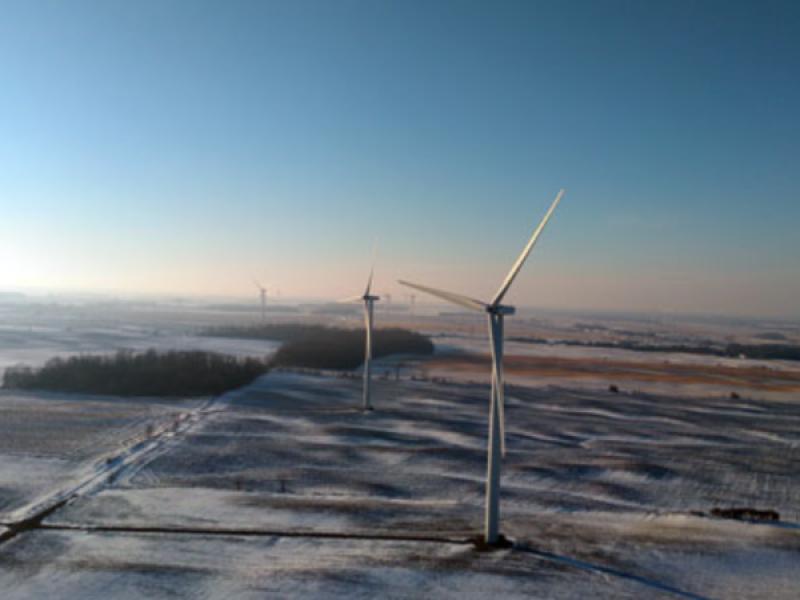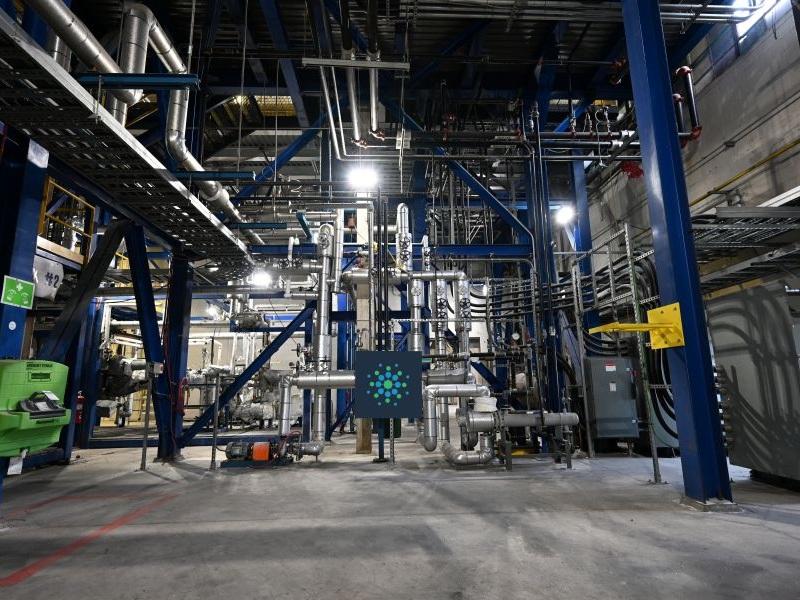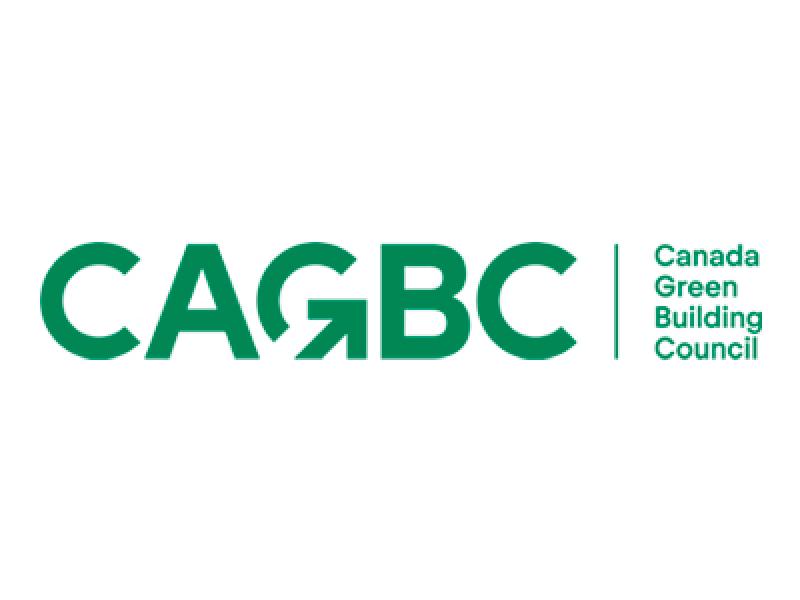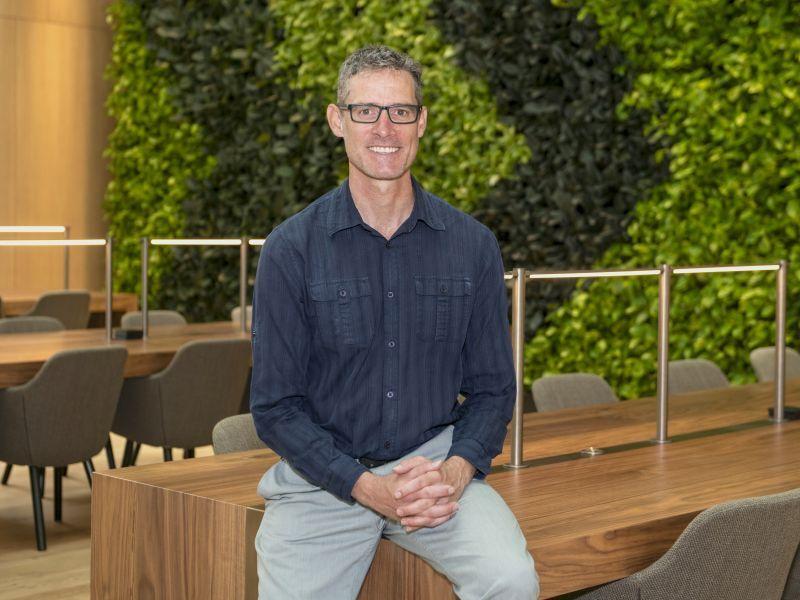
A two-year-old Calgary company which provides reusable takeout food containers to about 50 of the city's restaurants is changing its business model – because Earthware's containers were so popular people weren't returning them.
Earthware founder John MacInnes created the company in April 2021 after noting a big increase in demand for takeout foods during the pandemic – and a corresponding rise in disposable food packaging in the trash. He originally created a membership-based business model which involved consumers signing up and then asking for Earthware containers when they ordered from participating restaurants.
Now, the plan is to partner only with the food providers, who will offer all their takeout products in Earthware containers. Because the restaurants must buy the containers, MacInnes said his company needed to find less expensive packages that are still reusable – and recyclable.
“The problem was really the cost of the containers," MacInnes told SustainableBiz. "And there was another problem of collection of the containers, where we were going to people's houses or having community events. So I started looking for less expensive containers."
Earthware has ordered 200,000 new containers, which MacInnes said are significantly cheaper – close to what the businesses would be paying for single-use containers.
It has also partnered with the Alberta Bottle Depot Association to make it easier and more convenient for people to return the containers.
“Trying to figure out how we can get to a model where every-day takeout packaging suppliers – so restaurants, grocery stores – those guys can switch to us completely and have a container that if we lose it, we can still make a little bit of money, we just make more money if it comes back.”
Earthware kicked off with 15 participating restaurants, but its rapid growth exposed the faults in the business model.
According to the company’s website there are 60,000 takeout orders every day in Calgary, shipped in roughly 240,000 single-use containers. Earthware's goal is to prevent a million single-use containers from ending up in landfills by 2025.
Earthware’s containers
A July 2021 pilot project with four restaurants resulted only a 30 per cent return rate. Although MacInnes said the return rate is about 85 per cent now, the cost of the current containers means it's not economically viable.
MacInnes is now working with the food businesses to encourage them to switch entirely to the Earthware products.
“Not 100 per cent of them have switched. They found they want to see how it goes. We expect that most of them will. We've got samples and they've looked at it and they liked them,” MacInnes said. “But I'm hoping that at least 50 per cent of them (switch)."
That will also allow Earthware time to adjust to the new model, and then begin growing again. "Then we'll just build it up right back up.”
Some restaurant providers are bearing the cost of the containers directly and others are charging 30 cents per container. Users can get back a portion of that deposit by returning the container.
The Alberta Bottle Depot Association partnership means users can return the containers to its existing bottle depots.
The containers are shipped from China and are made with polypropylene No. 5, which MacInnes said is “a very recyclable plastic.” Eventually the goal is to manufacture the containers in Alberta, given that many of the plastic nurdles – the pellets used to create the containers – are produced in the province.
Earthware’s future
In 2022, MacInnes said the company washed and recycled approximately 15,000 containers. His goal is to reach that number daily within the next three years.
In addition to growth in Calgary, MacInnes plans to expand to Edmonton by June and into other provinces in 2024. Earthware is already in discussions with other bottle recycling systems in Canada, as well as those who package materials at the source such as farms.
The company recently obtained a grant from Guelph, Ont.-based Canadian Food Innovation Network to work with SAIT University in developing a new material for the containers — potentially a hybrid plastic. If successful, Earthware hopes to be making its own containers in the next few years.
Earthware currently has five employees, with MacInnes predicting it will grow to 10 by the end of the year.
Reusable plastics in Canada
As governments move to ban or reduce the use of other single-use plastic products, more opportunities could open up.
The federal government categorizes single-use plastics into six areas: checkout bags, cutlery, food service ware made from hard-to-recycle plastics, ring carriers, stir sticks and straws.
It has already banned the import and manufacture of single-use plastic checkout bags, cutlery, food service ware made from problematic plastics, stir sticks and straws. The sale of these items will be banned as of December 2023.
Others on the target list will follow by 2025.
MacInnes offered just one example for another future Earthware product: “We'd love to have an Earthware water (bottle) going out in the world and those bottles all come back because water bottles are one of the biggest ones that we’ve seen.
"Takeout is just the beginning.”










